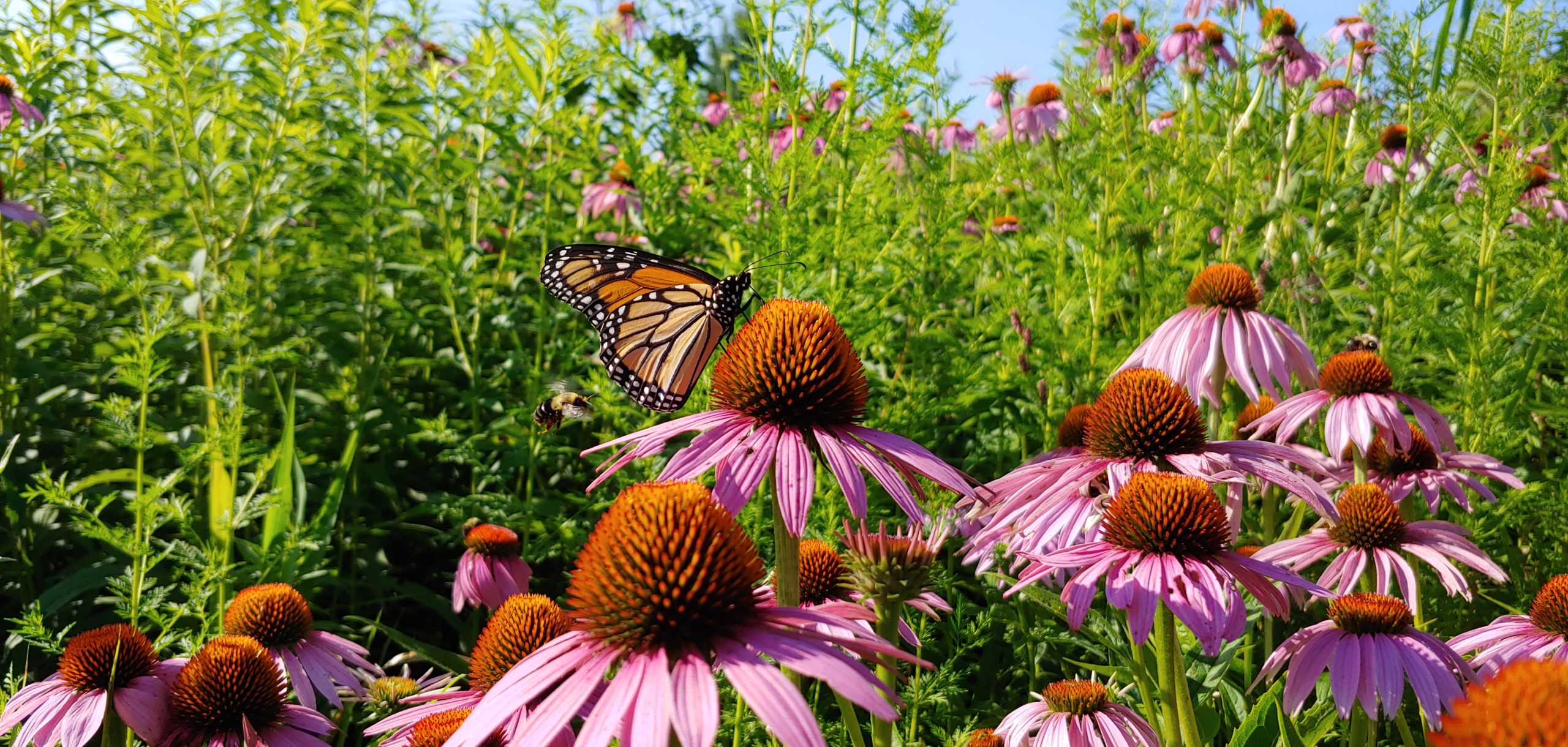
Biodiversity is the foundation of healthy working landscapes
Virginia Working Landscapes (VWL), a program of the Smithsonian’s National Zoo and Conservation Biology Institute (NZCBI) in Front Royal, Virginia promotes the conservation of native biodiversity and sustainable land use through research, education, and community engagement.
VWL began in 2010 in response to a strong grass-roots demand from private landowners, conservation NGOs, and citizens for leadership from the Smithsonian on native plant and wildlife conservation in the region, especially on working lands.
We conduct innovative scientific research to inform and inspire conservation action across our region. Our mission, like the Smithsonian at large, prioritizes the increase and diffusion of knowledge, and we use science to address one of the Smithsonian’s Grand Challenges — to understand and sustain a biodiverse planet.
Our mission is to promote the conservation of native biodiversity and sustainable land use through research, education, and community engagement.
We partner with a network of NGOs, agencies, regional landowners and citizen scientists. Our goals are to:
- Create a community network to promote dissemination of information from neighbor to neighbor.
- Network landowners with state and federal agencies that can provide them with specific technical and financial assistance.
- Establish and highlight demonstration sites on working farms that showcase best practices for different land uses, agricultural production, and biodiversity management.
- Advance the science of land management and develop best practices relevant both to working farmers and conservationists.
We frame our research, education, and outreach programs around topics relevant to our community and those who are making conservation decisions – from in their backyards too in county planning meetings. In doing so, we serve as a bridge between the Smithsonian and a local movement of landowners, conservation organizations, and citizens all working together to explore the complex ecological relationships that sustain Virginia’s landscapes and biodiversity.
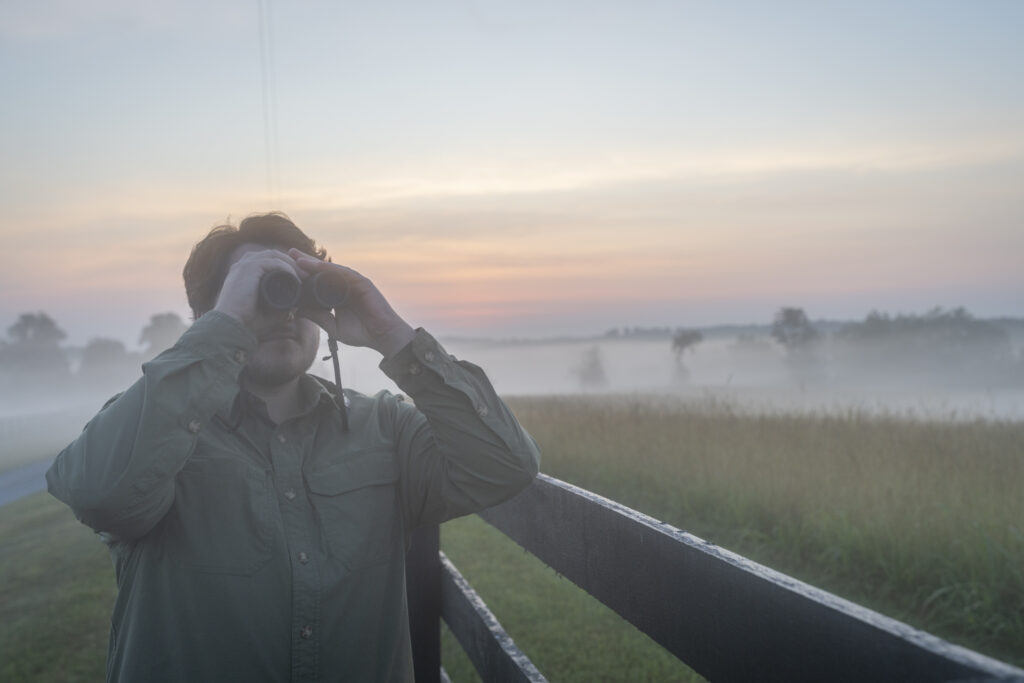
Research
While part of a global institution, VWL anchors our research regionally by conducting rigorous on-the-ground biodiversity monitoring throughout a 16-county region in northern Virginia. Our team of scientists leads ecological surveys to reveal how land-use practices impact native biodiversity and how these impacts might influence ecosystem function.
Engagement
Each year, we train and nurture a cohort of community scientists to help conduct biodiversity surveys on private and public lands. We share the findings of these surveys with landowners to demonstrate the diversity of species that our working lands support. We also use this network to facilitate information sharing between community members to encourage best management practices for promoting and sustaining biodiversity and ecosystem services on working lands.
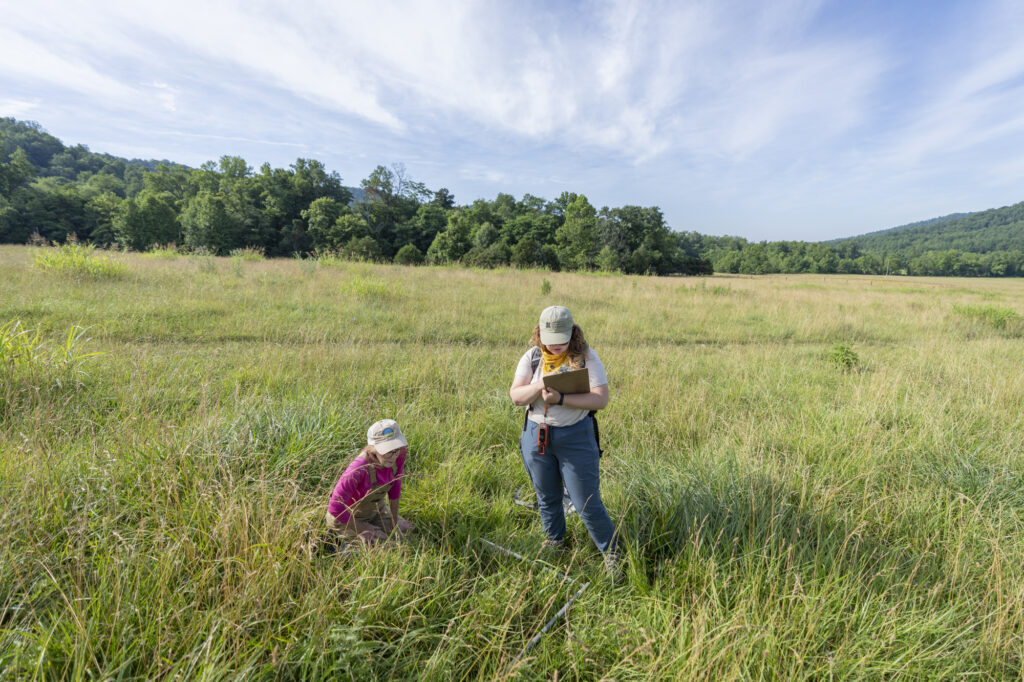
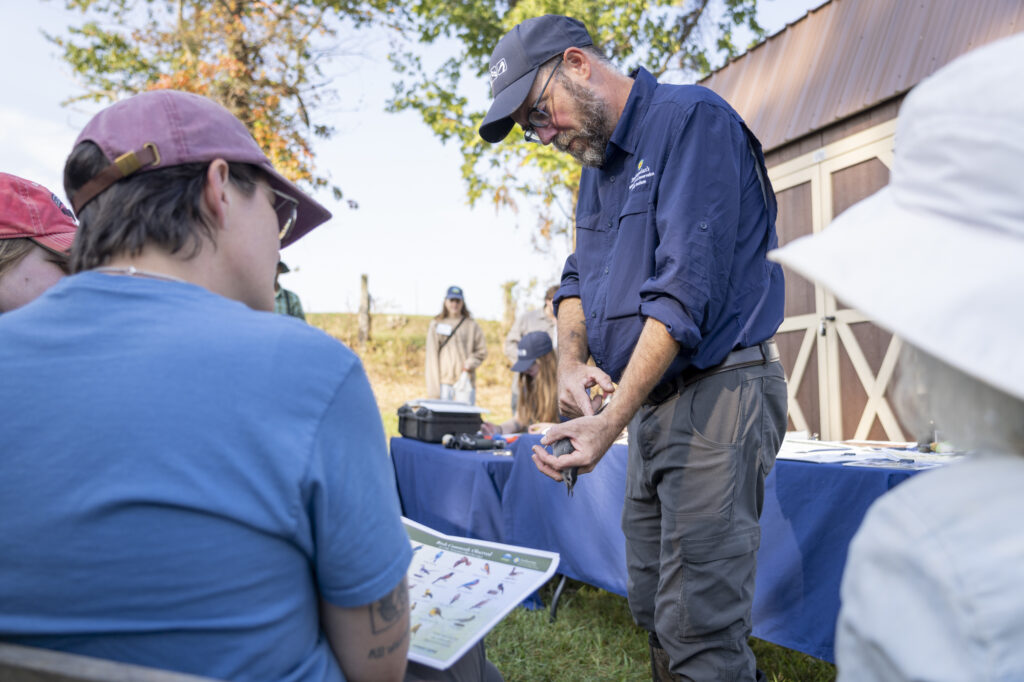
Education
VWL prioritizes education and training at all levels; we regularly host expert-led workshops, trainings, and lectures that are open to the public at our Front Royal campus and participating farms. These programs aim to share knowledge with those who have the capacity to implement conservation practices on their own properties.
Where we Work
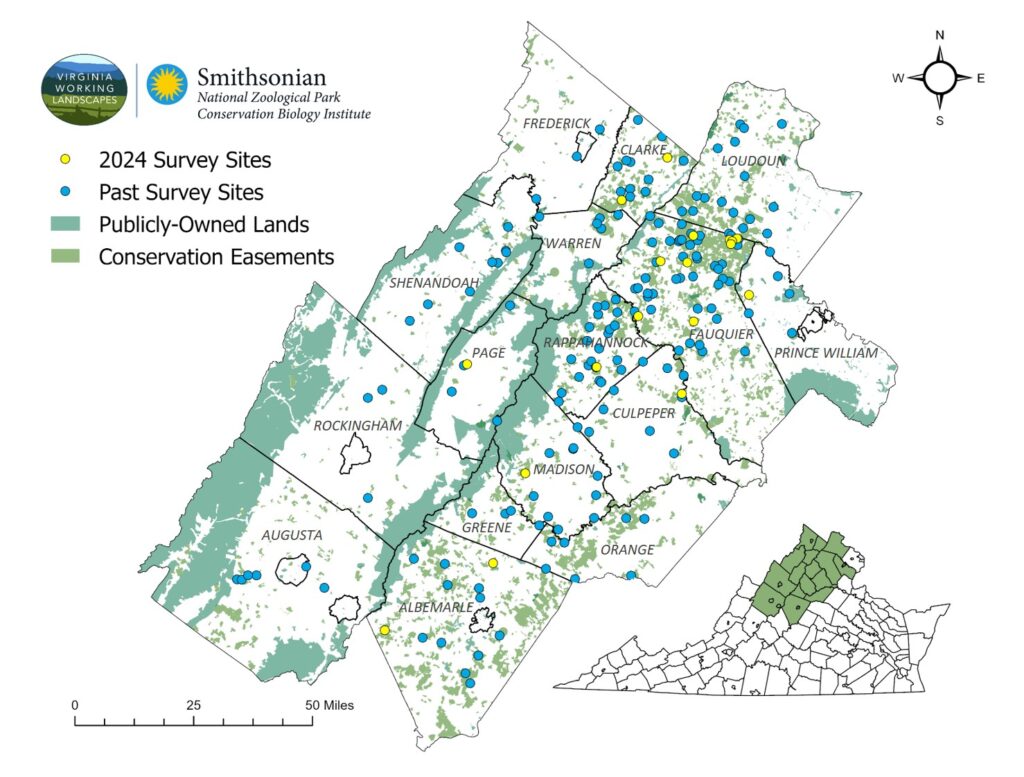
Virginia Working Landscapes currently conducts surveys in the following Virginia counties:
- Albemarle
- Augusta
- Clarke
- Culpeper
- Fauquier
- Frederick
- Greene
- Loudoun
- Madison
- Madison
- Orange
- Page
- Prince William
- Rappahannock
- Rockingham
- Shenandoah
- Warren
SUPPORT VWL
VWL is supported 100% by grants and donations and our work is made possible by the generous contributions from our community.
The Smithsonian Institution is a 501(c)(3). All contributions are tax-deductible.
GET IN TOUCH
Virginia Working Landscapes
Smithsonian’s National Zoo and Conservation Biology Institute
1500 Remount Road, MRC 5537
Front Royal, Virginia 22630
SCBIVWL@si.edu
540-635-0035
